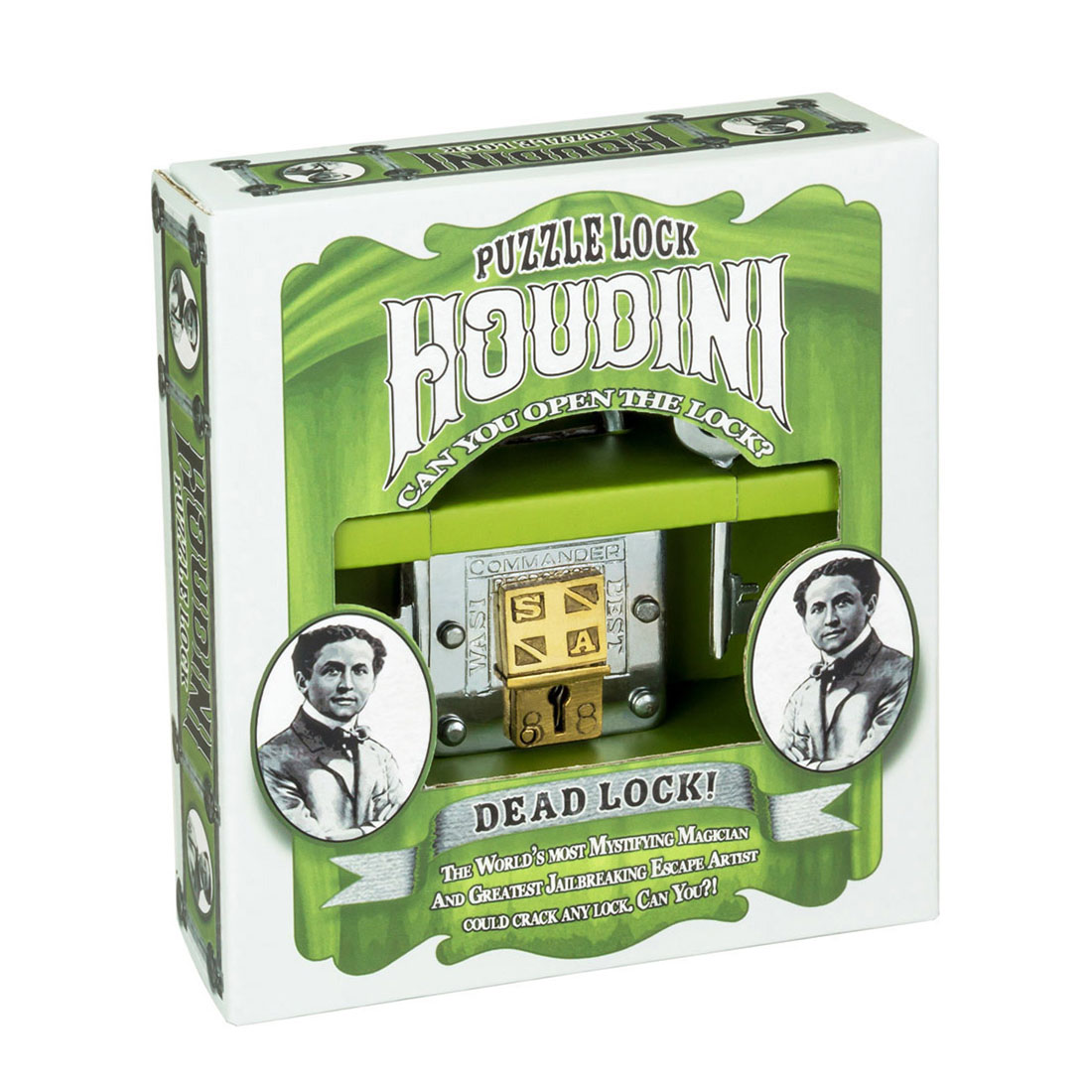

The hope that Truman would reverse course had faded by 1947, when he vetoed the Taft-Hartley Law, which would have helped control union power. Conservatives dominated the party in the South, and they were angered by the growing voice of labor unions and black voters in the party outside the South. Wallace's new Progressive Party, and party leaders feared that Wallace would take enough votes from Truman to give the large Northern and Midwestern states to the Republicans. Furthermore, some liberal Democrats had joined Henry A. Spirits were low the Republicans had taken control of both houses of the United States Congress and a majority of state governorships during the 1946 mid-term elections, and the public opinion polls showed Truman trailing Republican nominee Dewey, sometimes by double digits. On July 12, the Democratic National Convention convened in Philadelphia in the same arena where the Republicans had met a few weeks earlier. This was the last presidential election before the admission of the Twenty-second Amendment in 1951, limiting the number of terms a person may be president. Thus, Truman's election confirmed the Democratic Party's status as the nation's majority party. With simultaneous success in the 1948 congressional elections, the Democrats regained control of both houses of Congress, which they had lost in 1946. Truman's surprise victory was the fifth consecutive presidential win for the Democratic Party, the longest winning streak for either party since the 1880 election. Truman also won 49.6% of the popular vote compared to Dewey's 45.1%, while the third party candidacies of Thurmond and Wallace each won less than 3% of the popular vote, with Thurmond carrying four southern states. With the three-way split in the Democratic Party, and with Truman's low approval ratings, Truman was widely considered to be the underdog in the race, and virtually every prediction (with or without public opinion polls) indicated that Truman would be defeated by Dewey.ĭefying these predictions, Truman won the election with 303 electoral votes to Dewey's 189. Dewey ran a low-risk campaign and largely avoided directly criticizing Truman. Truman's feisty campaign style energized his base of traditional Democrats, consisting of most of the white South, as well as labor unions, and Catholic and Jewish voters he also fared surprisingly well with Midwestern farmers. This was the first election to have primary and general election debates with Dewey debating Harold Stassen in the Republican primary while Norman Thomas debated Farrell Dobbs in the general election. Taft and other challengers at the 1948 Republican National Convention. Dewey, who was the leader of his party's liberal eastern wing and had been the 1944 Republican presidential nominee, defeated Senator Robert A. Wallace, who launched the Progressive Party and challenged Truman's confrontational Cold War policies. Truman also faced a challenge from his party in the form of former Vice President Henry A. The Dixiecrats hoped to win enough electoral votes to force a contingent election in the House of Representatives, where they could extract concessions from either Dewey or Truman in exchange for their support. The Democratic convention's civil rights plank caused a walk-out by several Southern delegates, who launched a third-party " Dixiecrat" ticket led by Governor Strom Thurmond of South Carolina. Defeating attempts to drop him from the ticket, Truman won the presidential nomination at the 1948 Democratic National Convention. Truman had ascended to the presidency in April 1945 after the death of Franklin D.

Truman, the Democratic nominee, defeated Republican Governor Thomas E. In one of the greatest election upsets in American history, incumbent President Harry S. It was held on Tuesday, November 2, 1948. The 1948 United States presidential election was the 41st quadrennial presidential election. Numbers indicate the number of electoral votes allotted to each state. Red denotes states won by Dewey/Warren, blue denotes those won by Truman/Barkley, orange denotes those won by Thurmond/Wright, including a Tennessee faithless elector.


 0 kommentar(er)
0 kommentar(er)
